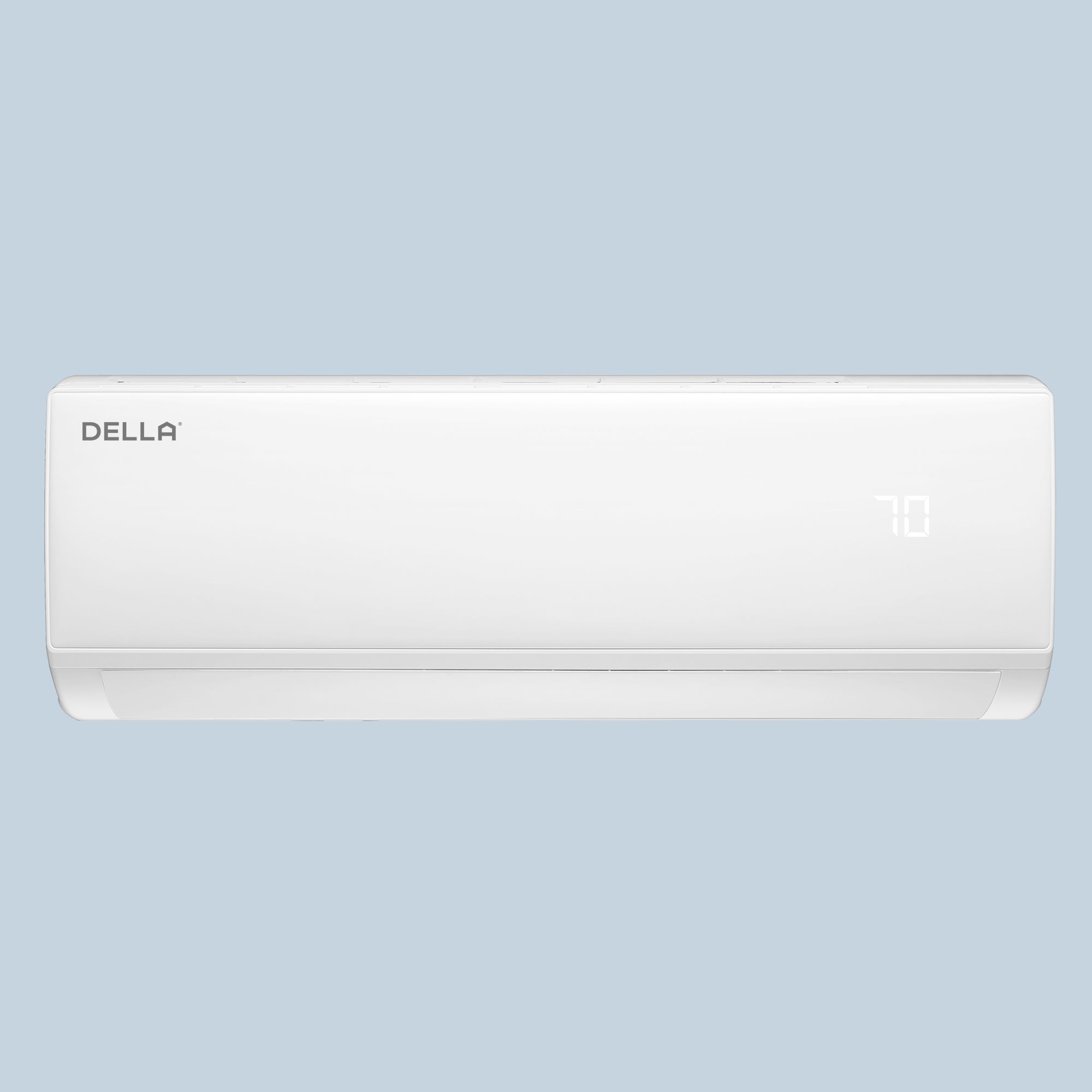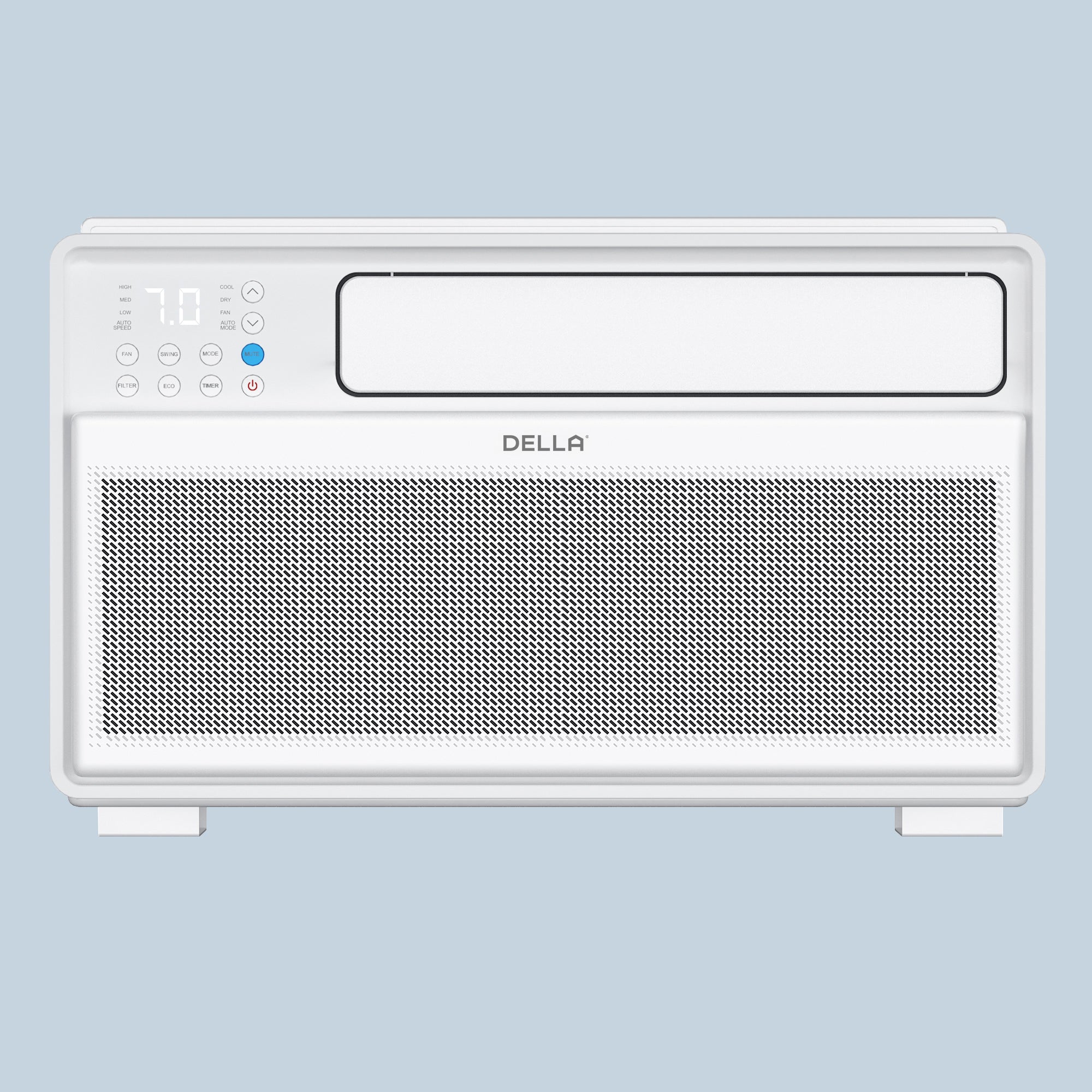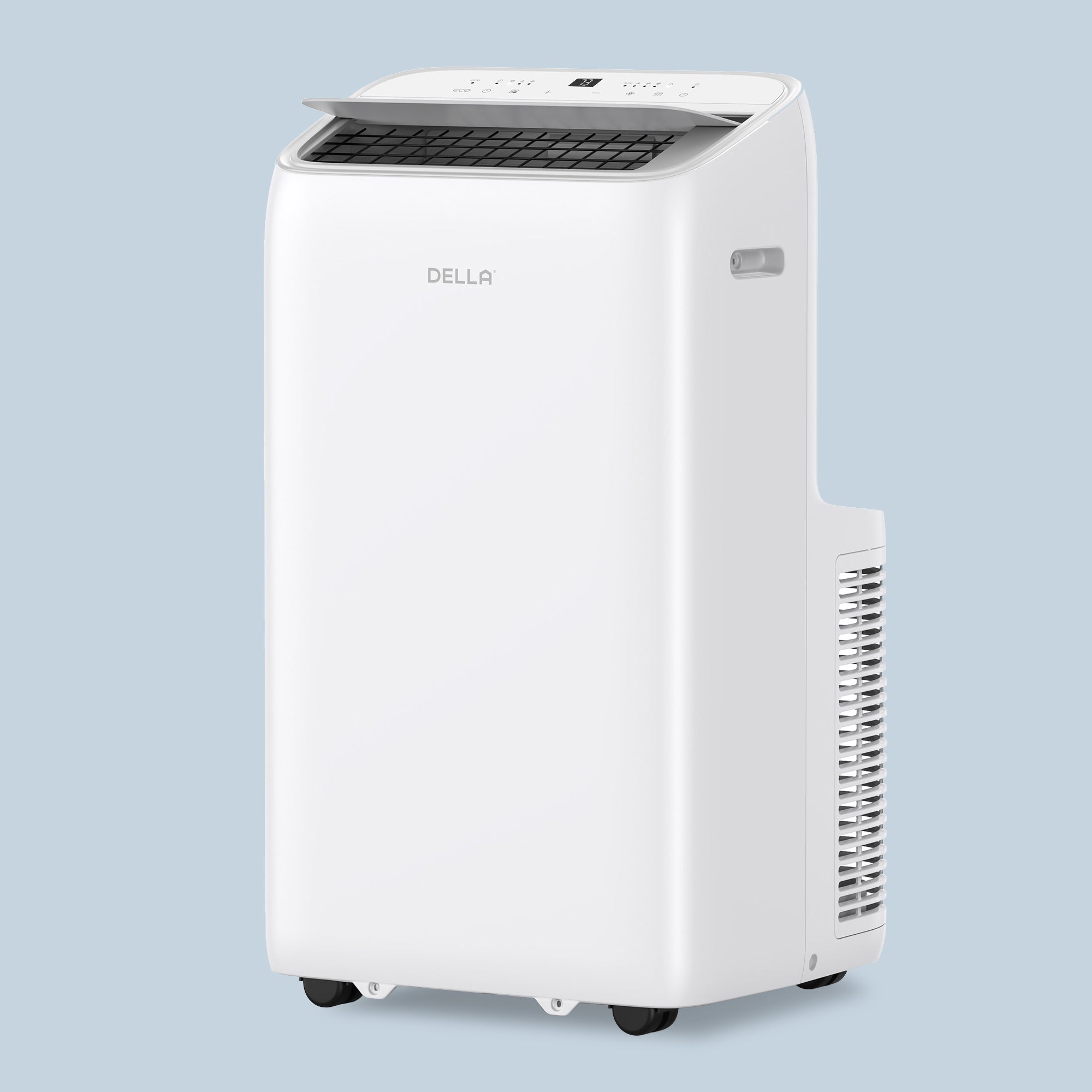If your room air conditioner struggles to keep you cool or spikes your energy bills, it might be time for a replacement. High repair costs and inefficiency can turn an outdated AC into a drain on comfort and budget. In this guide, we’ll cover everything you need to know about whether it’s better to repair or replace, including cost factors and tips to extend your system’s lifespan.
Repair or Replace an AC Unit, How to Decide?
When your air conditioner faces recurring issues or struggles with efficiency, the choice between repair and replacement becomes critical. Here’s a practical guide to help you decide.
The “5000 Rule”: A Quick Way to Assess Repair Costs
To determine if a repair is cost-effective, try the “5000 Rule”: multiply your unit’s age by the repair cost. If the total exceeds $5,000, replacement is likely the smarter investment.
For instance, repairing a 10-year-old unit for $600 each year would reach $6,000, suggesting it’s time for a new system.
Advtanges and Disadvtanges of Replacing Your AC Unit
Pros
-
Energy Efficiency: Newer AC models are far more energy-efficient, reducing utility bills by up to 30% over outdated systems.
-
Enhanced Comfort: Modern systems often provide better cooling consistency and faster temperature adjustments.
-
Smart Features: Many newer units are compatible with smart thermostats, like Della models that enable to connect with WiFi, and allow you to control settings remotely, track energy use, and optimize cooling schedules.
Cons
- Upfront Costs: The initial cost of replacement is high, which can be challenging for budget-conscious households. Financing options or energy rebates may help lessen this burden.
Advtanges and Disadvtanges of Repairing Your AC Unit
Pros
-
Lower Immediate Costs: Repairing can be a more affordable, short-term fix for minor or isolated issues, especially if your unit is less than 10 years old. A minor refrigerant leak or a simple thermostat issue, for instance, can typically be repaired at a low cost.
-
Less Disruption: A repair is often quicker to bring you back to comfort than a full replacement, especially in the hot summer.
Cons
-
Long-Term Costs: For older units, repeated repairs add up quickly, potentially outstripping the cost of a new system within a few years.
-
Efficiency Drawbacks: Even with repairs, older models tend to use more electricity and may struggle to cool effectively during extreme weather.
For units nearing or exceeding the 10-year mark, replacing your air conditioner is often a wise move to consider. At this age, an upgrade can bring substantial advantages in efficiency, comfort, and long-term savings, helping you avoid the vicious cycle of frequent repairs and rising energy bills.

How Much to Fix an Air Conditioner?
Cost of Fixing Central Air Conditioners
Central air systems are complex because they rely on multiple components—like the compressor, evaporator coil, and blower motor—to cool your entire home through ductwork. Repair costs range widely, with minor fixes around $150 and major repairs, like a compressor replacement, reaching up to $2,000. On average, you can expect to spend $300 to $500 per year on maintenance and repairs as the system ages.
Cost of Fixing Mini Split Systems
Mini split AC systems systems use an outdoor compressor paired with indoor air handlers for targeted cooling. Repairs generally range from $150 for minor electrical issues to over $1,000 for major compressor or refrigerant repairs. On average, maintenance and repair costs typically amount to $200 to $400 per year as the system ages.
Cost of Repairing Window Air Conditioners
Window air conditioners are generally affordable to repair, with typical costs ranging from $50 to $200 for issues like thermostat malfunctions or fan repairs.
Cost of Repairing Portable Air Conditioners
Portable air conditioners are generally low-maintenance and DIY-friendly, with repair costs typically between $50 and $200 for minor issues like thermostat adjustments or fan replacements.
| Type of Air Conditioner | Typical Repair Cost Range | Average Annual Maintenance & Repair Cost |
| Central Air Conditioners | $150 - $2,000 | $300 - $500 |
| Mini Split Systems | $150 - $1,000+ | $200 - $400 |
| Window Air Conditioners | $50 - $200 | N/A |
| Portable Air Conditioners | $50 - $200 | N/A |
How Much to Replace an Air Conditioner?
Cost of Replacing Central Air Conditioners
Replacing a central air conditioner is a significant investment, with costs generally ranging from $3,000 to $7,000. This price includes the unit itself, installation labor, and often modifications to the ductwork. Higher-efficiency models or larger homes may push costs toward the upper end, while a smaller home or basic model might keep the cost closer to $3,000.
Cost of Replacing Mini Split Systems
Mini split systems are versatile but come with installation costs due to their indoor and outdoor components. The cost to replace a multi-zone mini split typically ranges from $2,000 to $5,000, depending on the number of indoor zones. Additional zones or upgrades to high-efficiency units may increase the total cost by $500 to $1,000 per zone.
Cost of Replacing Window Air Conditioners
Window air conditioners are affordable and straightforward to replace, with costs typically between $150 and $500. Due to the DIY-friendly installation, you won’t need to pay labor costs, making replacement relatively inexpensive.
Cost of Replacing Portable Air Conditioners
Portable air conditioners are budget-friendly and easy to replace, with prices usually falling between $200 and $600. No labor costs are involved since these units are plug-and-play, so the primary expense is the cost of the unit itself.
| Type of Air Conditioner | Replacement Cost Range | Labor Cost Involved |
| Central Air Conditioners | $3,000 - $7,000 | Yes (Professional Installation) |
| Mini Split Systems | $2,000 - $5,000 | Yes (Professional Installation) |
| Window Air Conditioners | $150 - $500 | No |
| Portable Air Conditioners | $200 - $600 | No |
What Factors Affect the Cost of Replacing Air Conditioners?
Several factors influence the total cost of replacing an air conditioner:
Type and Size of the Unit
The size and type of air conditioner directly impact costs. Larger units or high-efficiency models, such as central air systems, cost more due to their capacity and cooling power. While mini split systems increase in price with each additional indoor zone.
SEER Rating and Efficiency
The SEER (Seasonal Energy Efficiency Ratio) rating measures the efficiency of an air conditioner. Higher SEER ratings result in lower energy costs but come with a higher initial price. For example, the Della 12000 BTU air conditioners mini split with a 20 SEER rating priced at $700 but helps save a lot of costs.
Ductwork and Installation Requirements
Central air systems rely on ductwork, and any necessary repairs or modifications add to the replacement cost. If ducts are outdated, leaky, or incompatible with the new unit, installation can become more labor-intensive and expensive. Mini split systems, which are ductless, avoid these costs but still require professional installation for proper setup.
Home Size and Layout
The size and layout of your home can also influence the cost. Larger homes typically require higher-capacity air conditioner systems or additional multi-zone mini splits setups. Della provides a guide of "what size mini split do I need" for help.
Additional Features and Smart Technology
Air conditioners with advanced features, such as smart thermostats, WiFi connectivity, or variable-speed compressors, generally come at a premium, increasing the overall cost of the unit.

Conclusion
When your air conditioner nears the end of its lifespan or struggles to keep your home comfortably cool, replacement is often the smarter, more reliable choice. Investing in a new, high-quality system not only improves efficiency but also reduces the need for frequent repairs, adding peace of mind and savings over time. For a air conditioner replacement tailored to your needs, consider Della's energy-efficient mini splits, and convenient window or portable units.
Read More:
8 Steps to Install a Mini Split Air Conditioner Easily
Pros and Cons of Ductless Mini Splits: Are They Worth It?
6 Best Ductless Mini Splits: 2024 Buyer's Guide








LEAVE A COMMENT
All comments are moderated before being published.
This site is protected by hCaptcha and the hCaptcha Privacy Policy and Terms of Service apply.